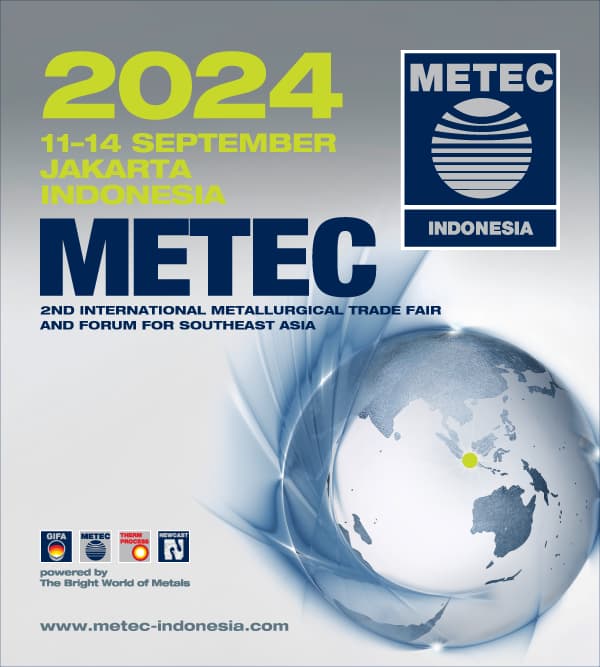

Sustainability in metallurgy is a critical focus area as industries strive to minimize environmental impact and conserve resources. Metallurgy, the science of extracting and processing metals, plays a significant role in various sectors, from construction to electronics. Implementing sustainable practices in metallurgy not only helps in reducing carbon footprints but also ensures the longevity of natural resources and promotes eco-friendly innovations. This endeavour involves adopting greener technologies, optimizing resource use, and recycling metals, ultimately contributing to a circular economy.

Enhancing energy efficiency in metallurgical processes can significantly reduce greenhouse gas emissions. Innovations such as advanced smelting techniques and the use of renewable energy sources in metal production are pivotal in lowering the carbon footprint of the industry.
Recycling metals not only conserves natural resources but also requires less energy compared to extracting and processing raw materials. Developing efficient recycling processes and encouraging the reuse of metal products are essential steps toward sustainable metallurgy.
Implementing cleaner production methods and effective waste management systems can minimize the release of toxic substances. Technologies such as zero-waste smelting and improved filtration systems are crucial in reducing air and water pollution associated with metallurgical activities.
The adoption of sustainable mining practices, such as precision mining and the use of environmentally friendly extraction methods, can mitigate the ecological impact of metal extraction. This includes minimizing land disruption, protecting biodiversity, and ensuring the rehabilitation of mining sites.
Developing alternative materials that can replace scarce or environmentally damaging metals is vital. Research and innovation in metallurgy are leading to the creation of new alloys and composites that are more sustainable and have superior properties.
Conducting lifecycle assessments (LCAs) of metal products helps in understanding and reducing their environmental impact from production to disposal. Emphasizing a circular economy approach ensures that metals are reused and recycled continuously, reducing waste and promoting resource efficiency.
Sustainability in metallurgy is not only a necessity for environmental conservation but also a strategic approach for future-proofing the industry. By focusing on energy efficiency, recycling, emission reduction, sustainable mining, material innovation, and lifecycle assessments, the metallurgical sector can significantly contribute to global sustainability goals. As the demand for metals continues to grow, embracing these sustainable practices will ensure that the industry thrives in harmony with the environment.
Be the First to Know: Get all the latest scoop and invites before anyone else!